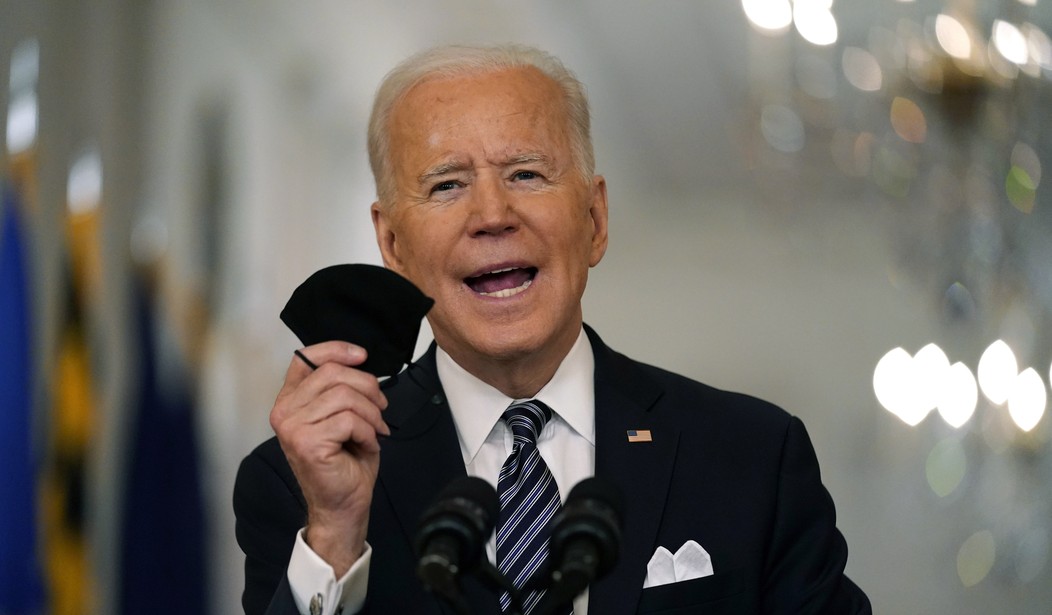The resort to “mandatory” measures by many governments around the world is, on the one hand, regarded as a power grab by publics who have seen once supposedly sacrosanct “rights” disappear one after the other, but it is also a sign of growing desperation among leaders who are no longer confident they can eradicate covid and return to “normal.” They are compensating for their powerlessness over nature by intensifying their power over men. The idea, born of frustration with the partial failure of previous and much-touted efforts, is that with enough control, the march to normalcy can be resumed.
However, the idea that severity was the key to pandemic control received a psychological blow when the Delta variant spread in China. “BEIJING — China suspended flights and trains, canceled professional basketball league games and announced mass coronavirus testing in Wuhan … as widening outbreaks of the delta variant reached the city where the disease was first detected in late 2019.” The BBC says:
In response, China has fallen back on familiar methods. Millions have been tested, sometimes more than once. Cities have gone into lockdown, while transport links in some areas have been cut.
It’s what experts call a zero-tolerance or elimination strategy, seen not just in China but also other places such as Australia, New Zealand and Singapore.
But the astonishing speed of Delta’s spread has also prompted questions about whether the approach is truly sustainable in China, in the face of a more transmissible Covid variant.
China was once reassuring proof that enough coercion could do anything, and Beijing’s travails have shaken many a pundit’s touching fait in autocracy. The fear in other capitals must be that if the ruthless hand of Chinese Communism proves insufficient against the virus, how should they succeed? The Sydney Morning Herald writes: “The Delta variant is challenging China’s costly strategy of isolating cities, prompting warnings that Chinese leaders who were confident they could keep the coronavirus out of the country need a less disruptive approach.”
That “zero tolerance” strategy of quarantining every case and trying to block new infections from abroad helped to contain last year’s outbreak and has kept China largely virus-free. But its impact on work and life for millions of people is prompting warnings that China needs to learn to control the virus without repeatedly shutting down the economy and society.
The combination of growing public resentment of restrictions and rising economic costs could destabilize the Chinese Communist Party, according to Gordon Chang. “Covid has also reached Beijing, the heart of Chinese power. There, travel restrictions are strict. Tourists are now not admitted to the city. Only ‘essential travelers’ are allowed in, but only if they produce negative Covid tests. Government and state enterprise employees may not leave the city. Beijing residents have been told not to travel elsewhere ‘unless necessary,” he writes. Political trouble may not come to China today or tomorrow, but it will eventually if prolonged enough.
It will likely come sooner in the West. NRO described the impending consequences of Bill de Blasio’s vaccine passports: “The shark most ominously lurking in the waters is the different rates of vaccination among demographic groups. Only about 40 percent of African Americans in New York City have received at least one dose. Among Latinos, the number is higher (63.5 percent) but still nothing to boast about.” These are the people who would be unable to present proof of vaccination, unless of course they were mandated to receive them. As with everything else, the poorest will be hit hardest and that spells trouble.
If “mandatory” fails to work, then what do politicians do for an encore? Cross their fingers, try to ride it out, pray that nature takes its course, as it has in the past and may do again. But they’ll have to settle for partial control over events because complete control is not an option. At least the vaccines work well enough to prevent serious death and the old luck of homo sapiens might still hold. Good old humanity could yet pull it off. Yet we might do well to remember Ian Malcolm’s words to John Hammond in the novel Jurassic Park:
Genetic power is the most awesome force the planet’s ever seen, but you wield it like a kid that’s found his dad’s gun. … the kind of control you’re attempting simply is… it’s not possible. If there is one thing the history of evolution has taught us, it’s that life will not be contained. Life breaks free, it expands to new territories and crashes through barriers, painfully, maybe even dangerously, but, uh… well, there it is.
That perhaps is something the old global world should have thought of before it built Jurassic Park … er the Wuhan Institue of Virology. CNN reports, “Intel agencies scour reams of genetic data from Wuhan lab in Covid origins hunt.” A little belated, but, uh… well, there it is.
Books: Consciousness and the Universe: Quantum Physics, Evolution, Brain & Mind. Is consciousness an epiphenomenal happenstance of this particular universe? Or does the very concept of a universe depend upon its presence? Does consciousness merely perceive reality, or does reality depend upon it? Did consciousness simply emerge as an effect of evolution? Or was it, in some sense, always “out there” in the world?










Join the conversation as a VIP Member